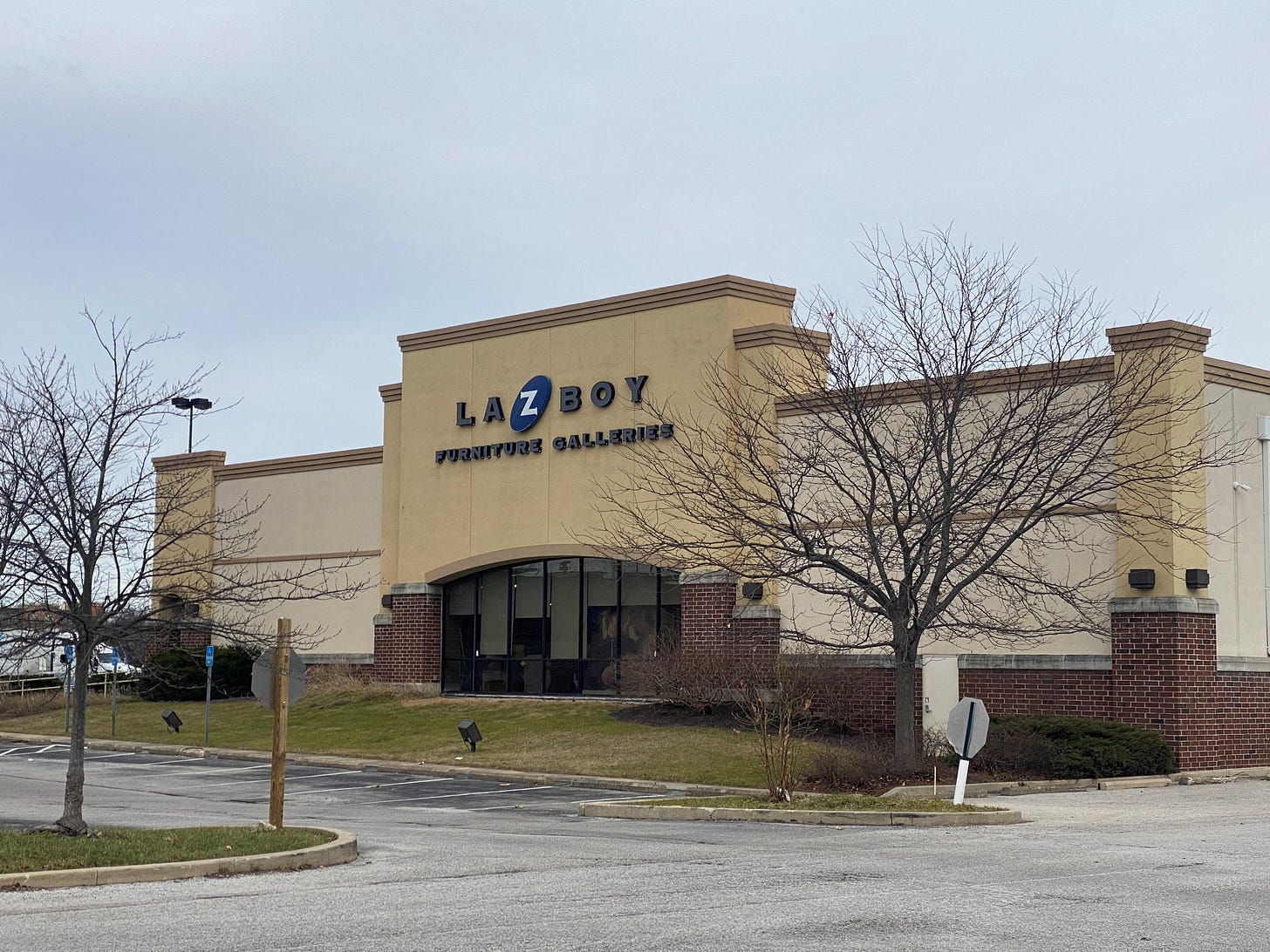04/05/2024: American Federation for Children Goes on ULP Spree.
GC still looking for a case to overturn Caesars Entertainment.
Region 25-Indianapolis Secures Settlement Requiring La-Z-Boy Furniture Galleries to Rescind Unlawful Work Rules, Pay $297,000 to Employees (National News). The NLRB issued a complaint and even went through an ALJ hearing with a La-Z-Boy franchise in Springfield that had imposed a long list of illegal rules on its workers and even terminated a few. Here, the agency announces that they successfully reached a settlement to rescind all of the rules and provide $297,000 of monetary remedies to affected employees. It’s a little unclear to me why the case is being highlighted. If I had to guess, it’d be because the employer, as part of settlement, may have agreed to rescind rules it had imposed against using the employer’s IT systems to engage in worker organizing, which is a topic that the NLRB bats back and forth depending on whether Republicans or Democrats control the agency.
American Federation for Children, Inc., JD-20-24, 28-CA-246878 (ALJ Decision). Employer violated Section 8(a)(1) of the NLRA (1) when supervisor Steve Smith told Charging Party Raybon not to contact national staff about her concerns and instead direct all communications through him, as this directive interfered with Raybon's ability to communicate with coworkers about terms and conditions of employment, (2) by threatening unspecified reprisals when president Schilling told Raybon her remarks to other employees were inappropriate under the handbook, (3) by promulgating an unlawful work rule when Schilling told Raybon the Open Door policy required employees to take problems to management and not coworkers, (4) by discharging Raybon for calling Smith racist while engaged in protected concerted activity (Under the Atlantic Steel factors, her conduct was not so opprobrious as to lose protection of the Act, as the Act allows employees to protest perceived racism even if their views are not widely accepted), (5) by sending negative communications about Raybon to her new employer, similar to an unlawful negative job reference, and (6) by excluding Raybon from school choice coalition meetings because of her protected concerted activity and because she filed an unfair labor practice charge.
In Register Guard (2007), the Republican NLRB ruled that employers could forbid employees from using company email systems for nonbusiness purposes, including worker organizing. In Purple Communications (2014), the Democratic NLRB overturned Register Guard and ruled that employers could not restrict employees from using company email systems for worker organizing unless the employer could demonstrate special circumstances warranting the restriction. In Caesars Entertainment (2019), the Republican NLRB overturned Purple Communications and went back to the Register Guard rule that employers could forbid employees from using company email systems for worker organizing.
The current General Counsel would like to overturn Caesars Entertainment and go back to the Purple Communications rule with a clarification that the right to use company email systems for organizing purposes includes any other communication software used by the company as well, e.g. Slack. The GC was hoping to use the La-Z-Boy case to do achieve this, but the settlement prevents that.
The question of whether workers can organize through their company email or Slack or similar is pitched as some kind of clash between property rights and Section 7 rights and resembles similar questions about use of company bulletin boards or the right of union organizers to access company premises. But as with most things in law, these legal arguments obscure the real clash, which is just whether you want to make worker organization easier or harder. Republican NLRB’s want it to be harder. Democratic NLRB’s want it to be easier.
I would like to see an expanded Purple Communications reinstated as the rule on this question. But of course, any worker trying to engage in organizing should, for practical purposes, really be communicating with coworkers via non-company channels.

